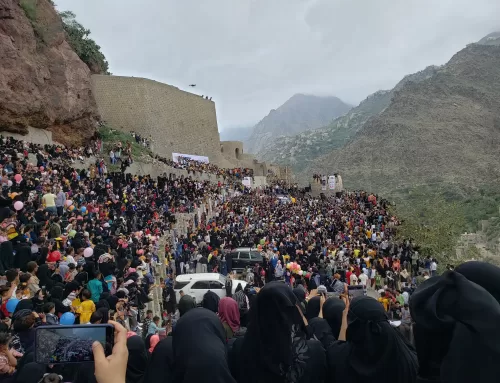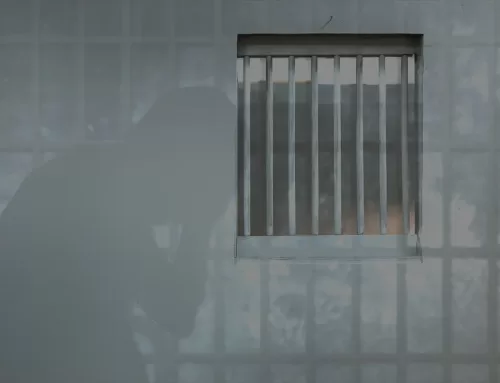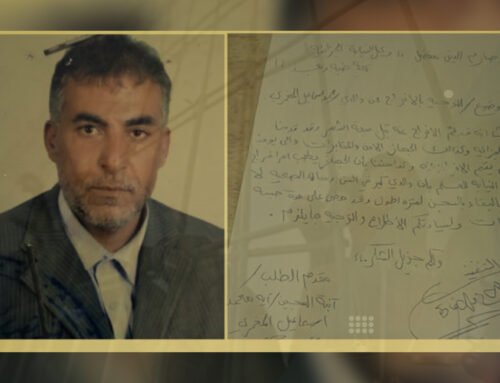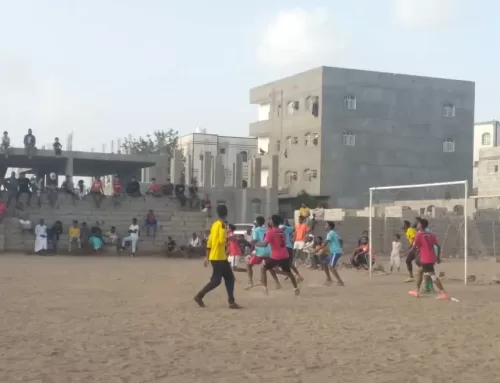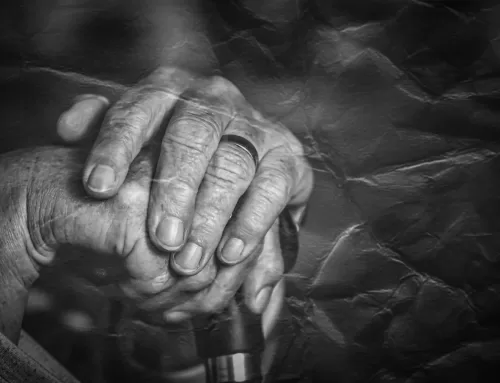An innocent family was hit by an airstrike
Ammar Hasan
14 June 2021
Often times, memories call us – by time and place – to recall situations we have been through. This time, the place is on the south of our house. It is a dirt hill I used to stand on twenty-five years ago and look at the road taken by the Bedouins and residents of the neighboring villages to our village where the market and vendors are hosted.
I would see people coming to our village on different transportation means, such as motorcycles, camels, donkeys, or on foot. One of the starkest situations engraved in my memory is for that old man who looked like a bourgeois riding his pure-white donkey.
Like the other children of the village who argued that it was not a donkey, I believed it was either a horse or a mule for its huge body. I probably returned from school in a hurry in order to stand on the hill behind our house, waiting for that man to show up on his huge donkey. I called out to my brothers and the rest of the children, saying “The horse has come. The horse has come”. We kept staring at it and its owner, who seemed to show off riding it – and so he was.
That man was uncle Abdo Ali Suleiman Al-Holbi, the famous farmer, or “Al-Ra’awi” – a nickname that the region people like to call on great farmers.
Uncle Abdo comes to buy the daily necessities, Qat, and some sweets. Then, he rides off to his small kingdom, which is a farm distant from the noise of humans. It is located in Al-Halayba countryside, about 37 kilometers northeast of the center of Mocha district, Taiz governorate.
Uncle Abdo cultivates his land, which he sees equivalent to the entire planet of Earth, with whatever he likes of fodder and dozens of palm trees. Besides, the revenues of cultivation seasons are enough to make Uncle Abdo imagine himself as an emperor on the throne of the kingdom of satisfaction.
In his farm, uncle Abdo used to have two small round mud-and-straw houses, which were built in the style of Tihamah houses. They were separated by a distance of less than five meters.
On the morning of July 3, 2017, uncle Abdo went to work on the farm as usual. Every day, he supervises his farm workers, and distributes some small tasks to his young children, whom he boasts of while working with him. At that time, he was hosting one of his daughters, Saeeda (40 years old), who visited her father with her 8-year-old daughter, Amani.
At 11:00 am, the children returned, except for three of them, Suleiman, Salim and Hanan, who remained in the farm to help their father in reaping the palm fruits. The eldest child is Suleiman, who is currently 12 years old.
Meanwhile, a disaster awaited them, when the Saudi/UAE-led coalition aircraft dropped a bomb on the two small houses, turning them to dust covered by the blood and shreds of those people inside.
The bombing killed every young and old people in the house. None survived but the father, his three children, who did not return home afterwards, and his eldest son Saeed, who lives far from the area.
A fetus and Eight people were killed in this incident, including uncle Abdo’s first wife (Maryam, 65 years old), his second wife (Hayat, 40 years old), his daughter, (Saeeda, 40 years old), his son, (Ali, 10 years old), his daughter, (Suad, 9 years old), his son (Salem, 8 years old), his daughter, (Maryam, 7 years old), and his granddaughter, (Amani, 8 years old), as well as a fetus in the womb of his second wife, who was 7-8 months pregnant.
Their flesh was mixed, and their body shreds flew away with the furniture of the two houses to variable distances. According to a witness to the incident, who said,
“I found some body parts 50 meters to the south, including the fetus’s hand, and I found some furniture 70 meters to the west”.
On the second and third of July 2019, I visited the site to document the incident, and I wish I had not.
I looked at the three surviving boys, and my emotions failed me to hold together in front of them. I could not raise my eyes into their faces or talk to them.
I got on my motorcycle, and I went back in a daze and confusion, which I have not escaped the consequences until now.
I have become certain that there is nothing more difficult than the job of a worker documenting human rights violations. My memory and imagination became confined inside a large coffin full of body shreds and moaning thoughts. Along with the surviving children, I have become in need of a psychiatrist to rescue me out of this dismal coffin.
The children need psychological, legal, and shelter support.
As for uncle Abdo, he entered a state of delirium and silence. He suffered from variant diseases, most notably of which heart disease, until he died in April 2019 to join his dead children and two wives, after nearly two years of suffering and pain at the age of seventy.
The eldest son, Saeed (45 years old), addresses a call to people of conscience and humanity to help him build a house to shelter his younger brothers, and buy a solar water pump for the farm in lieu of the pump powered by diesel, the price of which has become beyond his affordability, so that he can support himself and his brothers from their farmland, instead of being dependent to the money and donations given to them by others.



